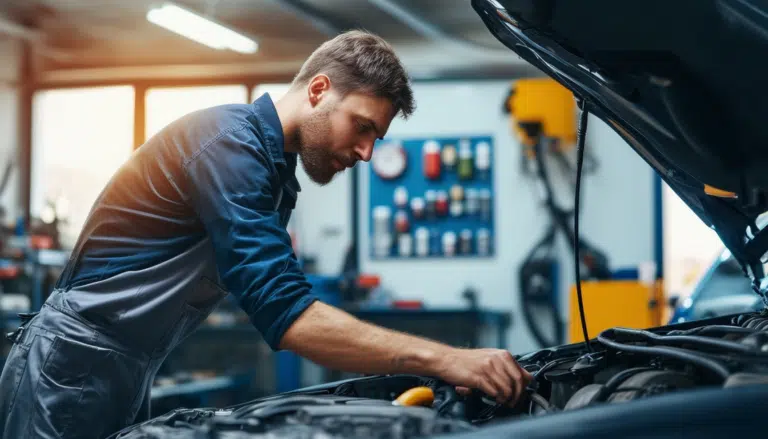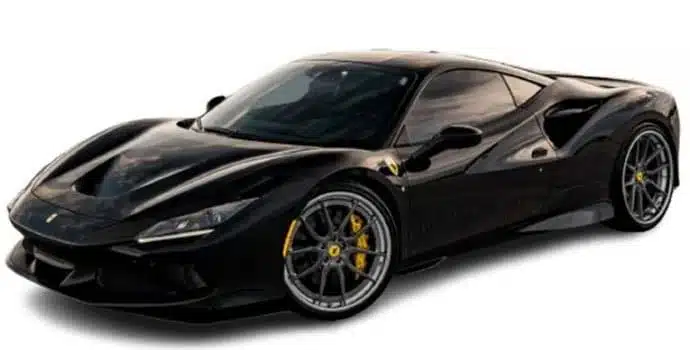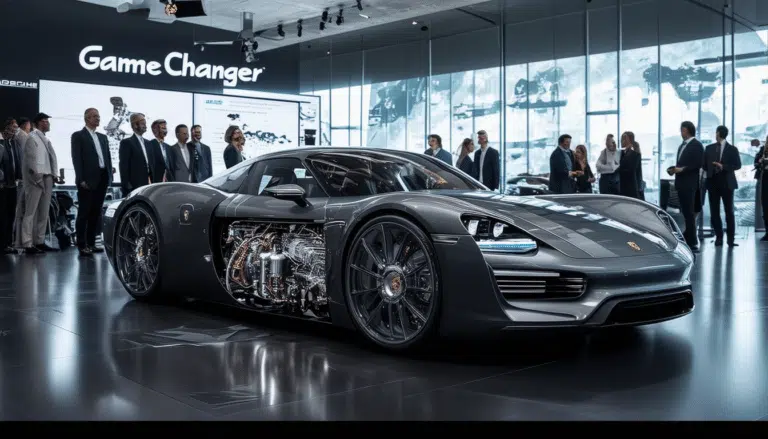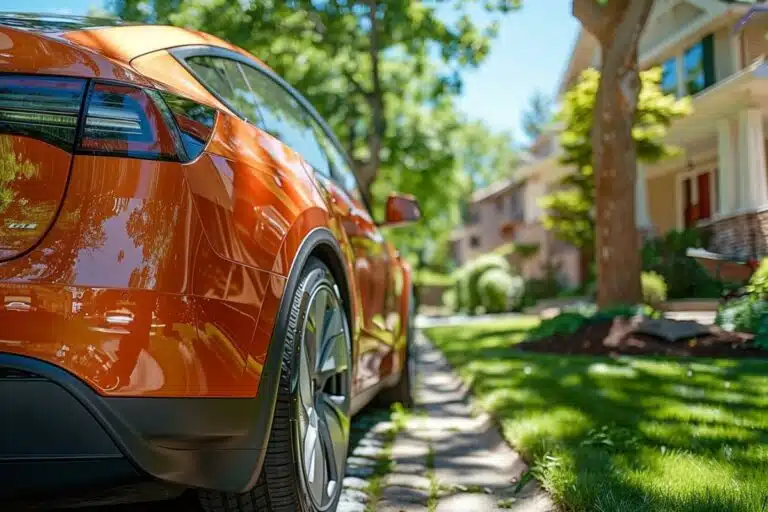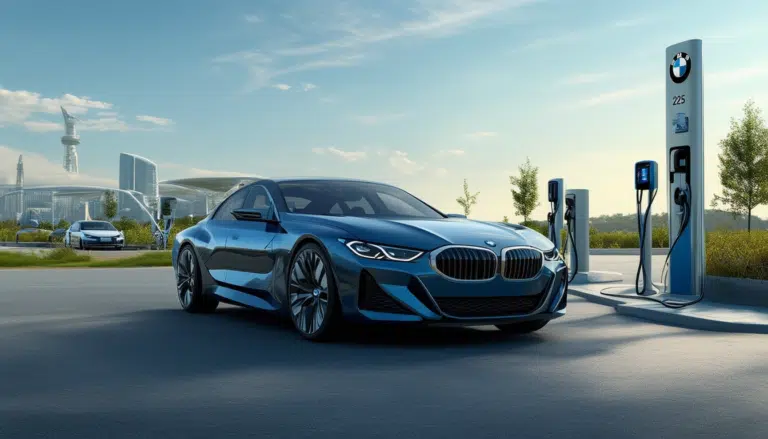Porsche intends to expand the production of combustion engines
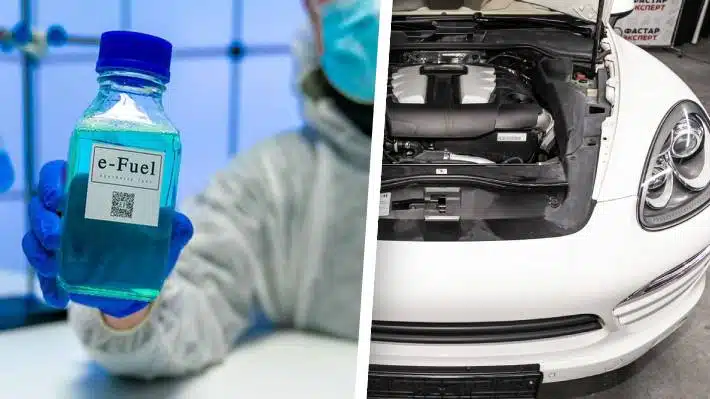
The automotive industry is at a crucial point of transition towards electrification; however, Porsche has decided to take an unexpected path by reaffirming its commitment to combustion engines. In a context where many brands are leaning towards fully electric vehicles, this iconic German firm proposes to expand the production of its combustion and hybrid engines, still prioritizing the longevity of these technologies in an ever-evolving market.
Porsche has made a bold decision to continue with the production of combustion engines and hybrids. As the global automotive industry shifts towards electric vehicles, the renowned German brand has chosen to reevaluate its approach in light of the current economic uncertainty and the fluctuation in demand for electric cars. This strategic move revitalizes its most notable combustion models while seeking to collaborate with Audi to enhance its offering, all while facing significant financial challenges.
A shift in focus in a challenging economic context
Porsche, which was seen as one of the manufacturers with the most ambitious electric goals, has decided to adjust its strategy. Faced with an unstable global economic context and the decline in the demand for electric vehicles, the company has opted to slow down its investments in electric technologies and continue with its traditional combustion engines.
The adjustment in its business model aims not only to secure better short-term financial performance but also to capitalize on the legacy of its thermal engines. In its long-term business planning, presented recently, Porsche projects sales of between 39 billion and 40 billion euros for 2025, with an operating performance of ten to twelve percent, figures that the company considers below its traditional standards.
Strategic collaboration with Audi
To tackle these challenges, Porsche not only plans to make organizational adjustments and expand the manufacturing of special editions, but also to revive its plans for more combustion and plug-in hybrid models. Part of this strategy relies on collaboration with its sister brand, Audi. Although details are scarce for now, some reports suggest that Audi could provide support in the development of platforms or even take over part of the combustion engine Macan production.
This potential agreement highlights a beneficial relationship for both parties, despite some internal tensions at Audi regarding the distribution of costs and benefits. However, both automotive giants are expected to align in their shared production strategy.
The economic impact and preliminary figures
With a not-so-promising outlook for 2025, seeing significant declines in sales and operating margins, Porsche is seeking ways to mitigate these adverse projections. Substantial investments, for example, an outlay of around 800 million euros aimed at the development of combustion vehicles in its subsidiaries, reflect the course correction that the company has decided to embark on.
This decision is also a direct response to the decline in sales of electric vehicles. Sales of fully electric models have accounted for only 7.3% of registrations, in contrast to higher figures observed in previous years. This drop adds pressure on the brand to seek immediate solutions.
Internal challenges and reorganization
Porsche is facing not only external challenges but also internal ones. Recently, the company announced its intention to part ways with two key members of the Board of Directors, which could indicate significant strategic changes in its corporate direction. Among those affected are the Chief Financial Officer and the Director of Sales, both involved in shaping the recent shift towards combustion engines.
In light of this situation, Porsche’s future will depend on how each of these strategic decisions develops in the coming months, both in its organizational structure and in the implementation of its production measures.
For more information on how companies are adapting to market changes, visit here.
Porsche and the Future of Combustion Engines
The decision by Porsche to expand the production of combustion engines highlights the dilemma faced by many companies in the automotive industry: how to innovate while navigating an uncertain economic environment. The brand, known for its pioneering approach to engine technology, has decided to temporarily reduce its investments in electrification, betting on its traditional engine base.
This stance comes at a time when electric vehicle sales have not met anticipated expectations, driven by various factors, including a decline in key markets like China. Despite being one of the manufacturers with quite ambitious electric targets, Porsche has reevaluated its strategy, choosing to develop both pure combustion and hybrid engines in its future models.
Porsche will allocate significant resources, including 800 million euros, to the production and development of these engines. This move aims to optimize profits, given that forecasts for 2025 show an operating performance of “only” ten to twelve percent, a decline from the target margin of twenty percent set during its IPO in 2022.
Collaboration with sister brands of the VW Group, such as Audi, could provide synergies by sharing platforms and reducing costs. However, within Audi, complaints have arisen regarding the costs incurred, which could disproportionately benefit Porsche.
In a landscape where electrification seems to be the imminent future, Porsche’s commitment to maintaining and innovating combustion engines reveals a pragmatic approach. By utilizing current combustion engines and integrating hybrid technologies, the brand preserves its iconic performance standards while adapting to market demands.
Time will tell if this strategy will allow Porsche to maintain its competitive edge and satisfy both classic engine enthusiasts and new customers demanding sustained innovation.

